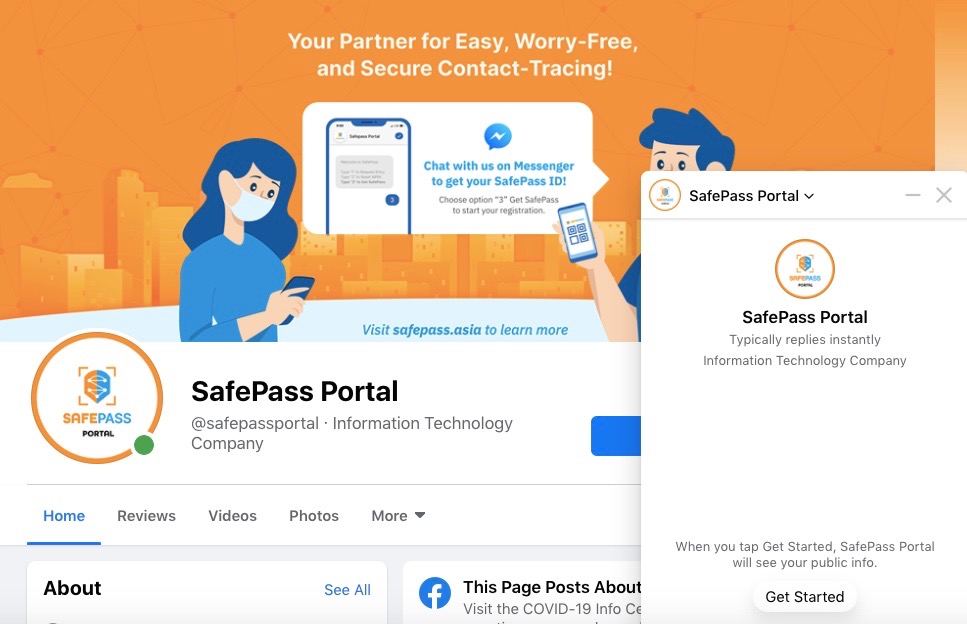Through KyusiPass, the city’s local government unit can keep track of establishments you visited—but only when one of your contacts tested positive for COVID-19
Quezon City residents and visitors, you will soon have to use this contact tracing service on your phone. As part of its contact tracing efforts, the city’s local government unit (LGU) is launching KyusiPass to track visitors in every establishment within its jurisdiction.
“Currently, our businesses are requiring guests to fill up health declaration forms. Through our KyusiPass, they will just tap their QR code onto the scanner and their information, including name and mobile number, will automatically be sent to our servers (which are) handled by our City Epidemiology and Disease Surveillance Unit (CESU),” said Mayor Joy Belmonte in a statement.
The service is powered by SafePass, a project launched by the Department of Trade in June 2020 to help establishments conduct contact tracing. You can access SafePass through its website, Facebook chatbot or short message service, where it will produce personal QR codes for those who visit, reside or work in Quezon City.
A valid phone number per person is required for registration. The aim, said Perry Dominguez, head of the city’s local economic investment promotions office, is to make all establishments use the service by the end of January. There’s no specific date of its implementation yet so stay tuned for updates from the LGU.
Currently, the KyusiPass contact tracing system is being implemented in all Quezon City government agencies. All employees are required to scan their QR codes provided by the service before entering government offices in the city.

What about data privacy?
If the service “keeping track of your visits to establishments” sounds creepy, the Quezon City LGU promised that it won’t check your data unless needed.
“We will see to it that we adhere to the Data Privacy Law. Establishments will not be able to get their visitors’ data,” said Dominguez. CESU head Dr. Rolly Cruz also said that the unit will be the only ones to have access to data collected by the KyusiPass system. He explained that the data will only be retrieved to trace the contacts and establishments visited by someone who had tested positive for the virus.
According to SafePass’ privacy policy page on its website, it collects your name and mobile number upon creating an account for your business. It also says you can ask for a copy of any personal data the service holds about you.
“Only authorized personnel will have access to the Personal Data and Web Data, the exchange of which will be facilitated through email. They will be stored in a database for a period no longer than two years from collection or from the last user-initiated contact, whichever is later, after which, physical records shall be disposed of through shredding, while digital files shall be anonymized to prevent further processing,” states its policy.